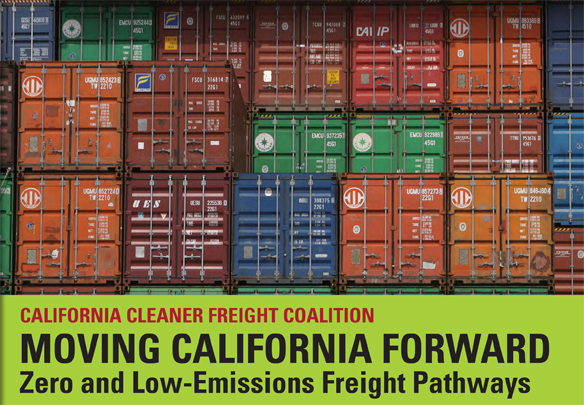May 2021 CEHAJ coalition statement on I-710 Corridor Expansion Project
2019 Coalition for Environmental Health & Justice’s (CEHAJ) Position Statement on the 710s Project
The I-710 freeway stretches 23 miles from the City of Long Beach, near the Ports of Los Angeles and Long Beach, to Alhambra, a city in the San Gabriel Valley. Plans have been in the works for over a decade to expand the number of lanes on the I-710 in order to ease freight transport to and from the Ports, which receive 43% of imports to the United States. (With the expected increase of imports from Asia and the expansion of the Panama Canal in 2014, the Ports’ import capacity is expected to increase.
It’s a global issue with local impacts.
Freeway expansion means more diesel trucks and other traffic—and the attendant noise, pollution and elevated health risks–in communities along the I-710 corridor. Official proposals have also included removing homes to accommodate the expansion.
CBE’s priorities: Reduce pollution along the corridor, and prioritize clean alternatives to the increasing diesel-based freight transport in the region. Additionally, CBE pushes to make sure local voices are heard in a truly democratic process, and ensure that planners take health impacts into account to protect against increased truck traffic.
CBE has been organizing the local community and working with the Coalition for Environmental Health and Justice (CEHAJ), a coalition of community-based health, environmental, and environmental justice organizations dedicated to advancing demands for health, clean air, and improved quality of life along the I-710 corridor.
California Cleaner Freight Coalition
CBE is a member of the California Cleaner Freight Coalition which recently produced a report: MOVING CALIFORNIA FORWARD, Zero and Low-Emissions Freight Pathways.
The key report findings include:
- Cleaner freight alternatives can go well beyond today’s cleanest diesel and natural gas powered trucks to reduce PM, NOx and GHG emissions.
- Electrification provides the greatest overall reduction in pollutants, and can eliminate tailpipe emissions in communities where freight movement occurs, with electrification most applicable to local and short regional haul freight pathways.




